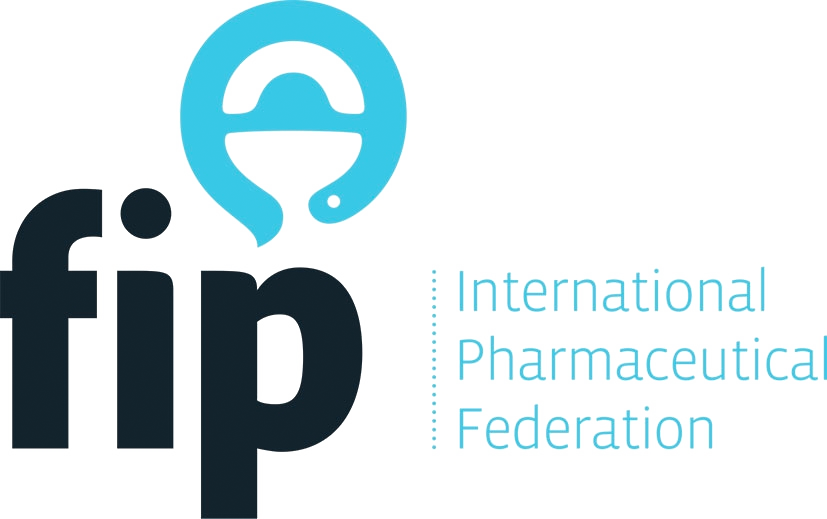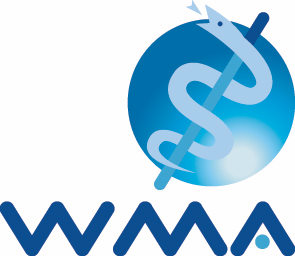Substandard and Falsified Medicines
All health care professionals have a common goal to protect the well-being of patients in all parts of the world from poor quality, substandard and counterfeit medical products. Pro-active steps must be taken in collaboration with governments and other key stakeholders of the legitimate supply chain such as the pharmaceutical manufacturers and distributors to ensure the quality, safety and efficacy of all medical products available in countries, in accordance with recognised international standards. This form of quality assurance applies to both branded and generic products, to both the private and public sectors, and to both imported and locally manufactured products.
Substandard and falsified medical products must be considered to be unsafe and ineffective. They result in wasted resources spent on purchasing, inventory, transport and dispensing with little or no effect or even cause harm to the patient. Substandard and falsified medical products threaten patient safety by, at best, causing no improvement or, worse, causing added burden of disease and even death; endanger public health by increasing the risk of antimicrobial resistance; and patients’ trust in health professionals and health systems, who are seen not to be able to provide an adequate treatment. Public health and patient safety are being put at risk and now is the time to act.
Health professions are crucial to combating substandard and falsified medical products. By visual inspections, nurses, pharmacists, physicians, dentists and physical therapists who are constantly in contact with medicines and medical devices may be able to detect anomalies in the physical appearances of medical products and trigger investigation. Health professionals need to increasingly consider substandard and falsified medical products as a reason for non-response or unexpected response in pharmacotherapy in the patients they care for. Yet, for health professionals to be able to effectively play their role, it is necessary that national authorities set up effective systems for the collection of information indicating possible substandard or falsified products signal, verify and investigate this information and feed back the results to those who have provided the information.
This global and deadly phenomenon of substandard and falsified medical products will only be eradicated through an agreed framework of effective coordination, cooperation and action at the global level. The WHPA agrees to step up its commitment and promote the awareness of the dangers posed by substandard and falsified medical products among health professionals, consumers and patients and their national governments.
The Seven Key Principles
Against this background, the WHPA identifies the following 7 key principles for enabling international cooperation and exchange of information among relevant stakeholders involved in detecting and combating substandard and falsified medical products:
- The primary focus of combating substandard and falsified medical products is the protection of public health and recognition that the main victims of substandard and falsified medical products are patients.
- The creation of substandard and falsified medical products, including the entire range of activities from manufacturing to knowingly providing them to patients, is a vile and serious criminal offense that puts human lives at risk and undermines the credibility of health systems.
- A comprehensive strategy to combat substandard and falsified medical products requires an active participation that involves all stakeholders of the public sector and the civil society through organizations representing health professionals, patients, manufacturers, distributors, and as well as the media and governments.
- Education of health professionals is crucial for detection and prevention of substandard and falsified medical products and is required in order for them to educate patients and populations about the risks of buying substandard and falsified medical products from unknown and unreliable sources.
- Increased vigilance by health care professionals and patients can help make public and individual health safer. When prescribing, dispensing or administering medicines, health professionals need to consider and report substandard and falsified medical products as a reason for non-response or unexpected response in pharmacotherapy in the patients they care for.
- International specialised agencies responsible for procuring and distributing medical products should identify substandard and falsified medical products and publish a list of these products, so that steps can be taken to remove these medical products from the market when discovered.
National governments are positioned to play a key role in eliminating substandard and falsified medical products by the enforcement of pharmaceutical and penal legislation through efficient prosecution, by ensuring adherence to Good Manufacturing Practices (GMP), Good Distribution Practices (GDP) and Good Pharmacy Practices (GPP) and by increasing national drug regulatory capacity and performance.
Download the campaign materials
©2019 World Health Professions Alliance




